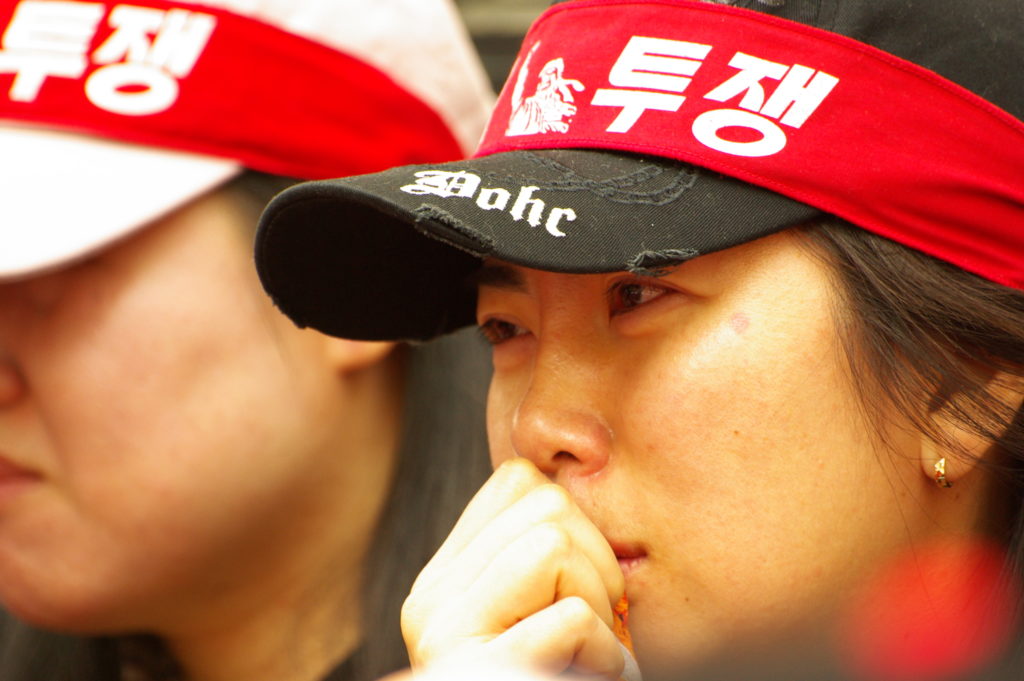The Peninsula
Unexpected Challenge to Ending Worker Precarity
Published June 30, 2020
Category: South Korea

This briefing comes from Korea View, a weekly newsletter published by the Korea Economic Institute. Korea View aims to cover developments that reveal trends on the Korean Peninsula but receive little attention in the United States. If you would like to sign up, please find the online form here.
What Happened
- On June 22, Incheon International Airport Corp. announced plans to convert thousands of irregular workers into regular employees.
- This decision prompted a Blue House petition spearheaded by many current full-time employees at the airport that opposed the move.
- Incheon Airport acted as a pilot for the administration’s wider goal of eliminating irregular positions in the Korean public sector.
- The Blue House said its plan is aimed at addressing “fairness in the labor market” rather than “fairness in the hiring process.”
Implications: Pushback from regular workers to the government’s plan to extend benefits to their irregular peers betrays the fragility of worker solidarity in Korea’s labor market. The Blue House petition opposing this measure argues that upgrading irregular workers at the Incheon Airport is unfair to current full-time employees and people who are trying to find employment at the airport. The ongoing controversy at Incheon Airport reveals that regular workers themselves will likely be a major roadblock to the Moon administration’s goal of extending job security to more people in the labor market.
Context: Reforms instituted after the 1997 Asian Financial Crisis increased the number of irregular workers in Korea. This term is a shorthand for jobs that are poorly paid, provide few benefits, and do not offer long-term employment guarantees. On the other hand, more stable, better-paid regular jobs at publicly owned institutions like Incheon Airport are highly desirable, and many prospective employees prepare for years in hopes of landing a similar position. As of 2015, 86 percent of workers at Incheon Airport were classified as irregular. The bifurcation of Korea’s labor market into regular and irregular workers may have affected the sense of solidarity between these two classifications, amplifying existing challenges to worker advocacy stemming from the country’s low unionization rate.
Korea View was edited by Yong Kwon with the help of James Constant, Sonia Kim, and Ingyeong Park.
Picture from flickr user odius kim
